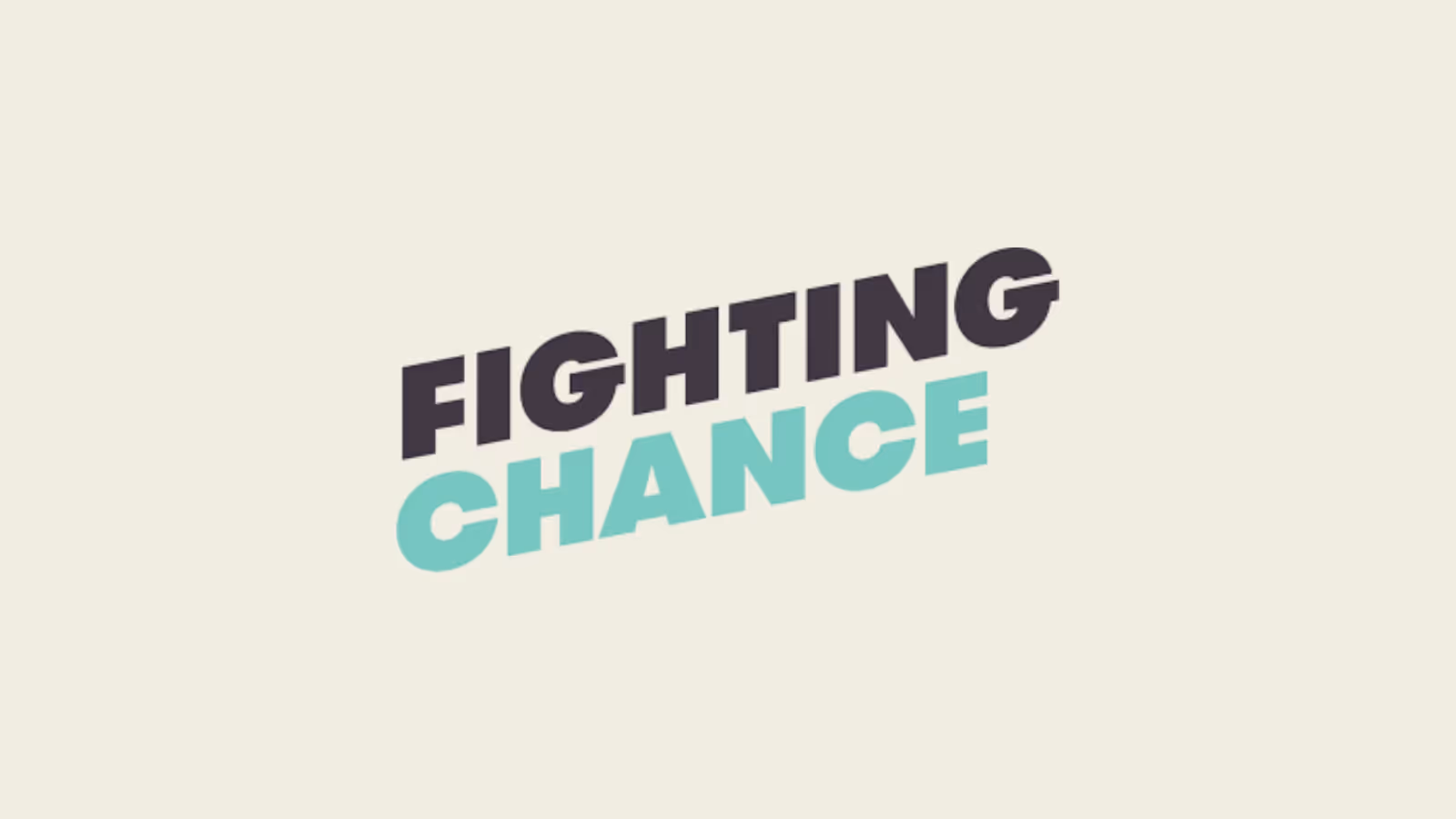Festive Season Sanity: Your Mental Health Survival Guide
Mental health survival tips to stay sane and balanced during the festive season.

Holiday blues
Christmas is supposed to be the most wonderful time of the year…except, for many of us, it is anything but. Crisis helplines often have their annual peak in calls over the week between Christmas and New Year, and divorce lawyers report that the first week of January is the busiest of the year.
This tells us that for a lot of people the holidays are a tricky time. Here are some reasons why they can be tricky, and some strategies for what you can do to help keep yourself sane in the silly season.
Expectations vs reality
We all know how the holidays should look. The media sells us an image of a perfect Christmas morning with stacks of presents, beautifully behaved children, and a smiling spouse, followed by a family lunch where everybody is laughing and pulling Christmas crackers, a leisurely game of backyard cricket and topped off with a Christmas movie. New Year’s is supposed to be a night of fireworks and champagne, partying with mates, ending the old year on a high and feeling the excitement of a new year around the corner.
How often does the reality match up to these perfect images we’ve got in our heads? Almost never. But the image of the perfect Christmas/New Year is still a really powerful thing.
A lot of research into happiness shows that what makes us unhappy about a situation is the gap between our expectations and our reality. We expect something to be perfect, and it’s not, and then we’re miserable.
The good news? We can work on lowering our expectations. Lowering expectations isn’t about being a downer or a killjoy, or expecting the worst. It’s more about adding some reality into the picture, which can then free us up to enjoy what’s actually happening. And if there is a bit of a spanner in the works – the prawns are off, Aunty Jen shows up half cut at 11.00am – you’ll be better placed to recover and find something good in the day without feeling like Christmas Is Ruined.
Here are some examples of ways we could lower our expectations to help us make the most of whatever happens during the day:
Expectation: Our children will be perfectly behaved
More realistic expectation: Christmas is a big day and the holidays are awesome but can mean a change of routine for the kids – they might be stressed out or hyped up, not sleeping as much as they usually do or eating way too much sugar. We can’t expect them to be perfectly behaved but we’ll stick to our usual boundaries, e.g. no hitting.
Expectation: The family will get along and have a great time
More realistic expectation: like every family, our family don’t get along 100% of the time and Christmas will be no exception. If someone says something that bugs me I’m going to take a pause and breathe before responding.
Expectation: New Years Eve will be the best night of the year
More realistic expectation: It’ll be great to hang out with my friends and see the fireworks, but we might get stuck in traffic, someone might get a bit emotional, or drink too much, and we might get rained out. Whatever happens, the most important thing is we get to do it together.

Loneliness
One of the best things about the holidays can be spending time with the people who matter the most to us. But for lots of people the holidays can be a really lonely time.
It could be that you can’t be with the people you love for a whole range of reasons. Maybe you’ve lost someone this year and the grief is hitting you hard, or maybe your family has changed through separation, children leaving home, or any other reason. Maybe you’re someone who is normally happy flying solo in your life, but the holidays mean you feel left out of all the ‘family time’ stuff.
There can be a lot of pressure to pretend to feel happy and joyful when you feel anything but. Whatever the reason for feeling lonely during the holidays, it’s important to acknowledge what you’re going through.
Here are some suggestions for dealing with holiday loneliness:
- Plan ahead – if you know the holidays are a tricky time for you, make some plans to help you cope. The advantage of having a plan is that you’ll feel a bit more in control, even if you don’t end up following the plan. Maybe you book a caravan at the coast and have a fishing week, use the holidays to clean out your house and garden, or make some progress on a project that you’re really wanting to get into.
- Reach out and be genuine – we can often feel ashamed of being lonely during the holidays but once you start talking about how you’re not having the time of your life, you might find lots of other people share your feelings. Even if they are in different circumstances to you, they might be able to relate to what you’re going through. Remember crisis lines are busy during the holidays – lots of people struggle. Some people like to have an event for others who aren’t celebrating the holidays in the ‘traditional’ way, maybe something low key like a picnic or a BBQ. Others might invite you to join their celebrations. The important thing is to be honest and let people know what’s going on for you.
- Treat yourself – this doesn’t have to be something extravagant, but it can feel important to do something special for yourself. Maybe a hike, a really lazy day watching Netflix, or cooking a favourite meal.
- This passes – the good thing about holiday related loneliness is that it passes, and by the end of January the normal routine of life will have resumed for most people. While it’s a tricky couple of weeks, it’s not forever. If you find that you’re feeling lonely most of the time, even when it’s not the holidays, head on over to our Loneliness module to learn a bit more about ways of coping.

Money worries
Christmas and New Year are often difficult times financially, especially if there’s been some financial struggle. This is especially true this year as many Australians are facing high cost of living pressures and feeling the pinch of a tough few years. Advertising and media create the image of the perfect Christmas, which costs a pretty penny, and kids turn their ‘pester power’ up to 11. All of this can add to financial pressure and a feeling of being obliged to spend more than you can afford.
There are some strategies for managing your money over the holidays – some might work for you, others not. Have a look and see if any sound like they’d be worth a go:
- Set a budget for family Christmas presents – agree with your family what your limit is this year, and do it early before anyone gets serious about shopping. Having a clear idea of budget can avoid awkwardness down the track.
- Share the costs of Christmas dinner/New Years parties – if you’re hosting, say YES loud and clear when people ask ‘can we bring anything’. People will want to help out, so let them – even if it’s just a bottle of wine and a salad, it will reduce the costs and hassles to you as the host. If you’re a guest at someone’s place for Christmas, ask what would be a useful thing to bring – often when we don’t know what to bring we go over the top and buy something lavish, when what would have really been useful to the host is taking care of something inexpensive but annoying to sort out, like gluten free crackers, fresh dinner rolls, or a few bags of servo ice.
- Manage kids’ expectations – kids can be vulnerable to advertising messages that tell them to want more and more and more, especially at Christmas.
- Older kids (9-teens) – You can explain to older kids how advertising works, and encourage them to not buy in to the message that more is more. Older kids might also be getting curious about the world around them, so it might be good to get them thinking about how many of the ‘must have’ Christmas presents will be plastic floating in the ocean by February.
- Younger kids (4-8 or 9) – this age group may find it harder to understand advertising and big abstract concepts like wasteful consumption and environmental damage. However, they are probably still believers in Santa, and so you can encourage them to write a list and give them some parameters – e.g. ‘wow, what a great list! Santa might not have room in his sleigh for all of those presents – how about you pick the top five you want the most?’. Little kids also LOVE unwrapping and will often view the number of presents as more important than the quality, so try wrapping up lots of inexpensive and useful presents that you’d have to buy anyway, like a year’s worth of socks, undies, pajamas and tee shirts, or activity presents like stickers, textas, crayons, balls and coloring books.
- Infants (0-4) – the easiest of all, this age group tend to either not know what’s going on, or be happy to play in the wrapping paper and boxes. Sorted!
Alcohol and drugs
If you’re newly sober, or trying to limit the role alcohol and other drugs play in your life, the holidays can be a challenge. Social pressure to drink is often at its peak during the summer period, and it can be hard to stick to your limits.
Here are some strategies to help you keep to your decision to limit alcohol and/or drugs:
- Drive – if you offer to be the designated driver, people are less likely to question your decision not to drink or use drugs. They’ll also probably appreciate you as someone who can give them a lift!
- Be open, if you can – if you feel OK to sharing why you’re limiting your consumption, it can be a great way of getting people to understand where you are coming from. But remember you don’t owe anyone an explanation for your choice. You can just say something like: ‘I’m having a break from drinking for a while’ and if someone pushes you, you can gently but firmly remind them that it’s your body, your business.
- Know your limit – if you’re cutting back rather than cutting out completely, know your limits. Even better if you can share them with someone you know and trust, like your partner. It might be that you avoid alcohol around the Christmas lunch table and stick to water, but have some really special whisky on Christmas night. You’re still getting the nice bits of a drink and those all important holiday rituals without quite as much going into your system.
- Investigate alternatives – there are increasingly a number of low or no alcohol beers, wines and spirits available. They often look like the alcoholic versions, so no-one will be any the wiser about your decision to reduce or avoid alcohol. Heaps Normal is our pick of the litter if you are looking for a great non alcoholic beer for the summer.
If you find that your alcohol or drug use get out of hand, know that you are not alone. Many people find it a really challenging time. If you’re worried, and feel like it’s something you want to get on top of, having a couple of sessions with a counsellor can be a good way of understanding what’s happening for you and some ways of making changes that suit your life. Asking for help doesn’t mean your an ‘addict’ or you have a ‘problem’ – it actually means you’re taking a positive step and that takes courage.

5 Simple Steps to Help
While the festive and summer holiday season can bring challenges for some, it’s essential to remember that you have the power to manage your mental health and thrive despite any challenging events. If you can do a few simple things over this period, then:
Prioritise Self-Care: Amidst the holiday rush, it’s crucial to prioritise self-care. Make time for activities that nourish your well-being, such as meditation, exercise, reading, or simply taking a quiet moment for yourself. Self-care helps reduce stress and provides a sense of balance during the holiday season.
Reach Out for Support: Loneliness can be especially challenging during this time of year. Don’t hesitate to reach out to friends, family, or support networks. Share your feelings and concerns with someone you trust; talking about your emotions can be therapeutic and help combat loneliness.
Set Realistic Expectations: Unrealistic expectations can lead to disappointment and added stress. Be realistic about what you can achieve during the holidays, whether it’s in terms of gift-giving, event planning, or family interactions. Setting reasonable expectations will help you avoid unnecessary pressure.
Practice Mindfulness: Mindfulness involves staying present in the moment and accepting your thoughts and feelings without judgment. Incorporate mindfulness practices into your daily routine to reduce anxiety and stress. Breathing exercises, meditation, and mindful walking can be particularly helpful.
Focus on Gratitude: Even during challenging times, there are often moments of joy and gratitude to be found. Keep a gratitude journal and make a daily habit of reflecting on the positive aspects of your life. Cultivating gratitude can shift your perspective and improve your overall well-being.
Take these steps to heart, and make the most of the festive and summer season by prioritizing your mental well-being and finding moments of joy and fulfillment even during the toughest times.
Help is always available
Here are some useful resources for more help – for you and for your team:
- Lifeline – 13 11 14 and https://www.lifeline.org.au/ – offers fee, confidential, 24/7 telephone crisis support and lots of info and resources on their website
- Beyond Blue – https://www.beyondblue.org.au/ – info and support about mental health and suicide prevention
- Heads Up – https://www.headsup.org.au/ – the part of Beyond Blue that is specially developed for mental health in the workplace
This post has discussed challenging topics, which can be confronting for particular readers. If you need support, please feel free to contact Lifeline on 13 11 14 or 000 if you need immediate help to stay safe.

Hello 👋 I’m Joel the founder of Foremind.
Are you ready for simplified support & compliance?
Latest insights
Answers to the frequently asked questions.
Email us at enquiries@foremind.com.au and we'll get back to you quickly with a response
Yes, we have culturally competent counsellors available, including those able to work with first nation and CALD employees.
Onshore on secure AWS Servers in Sydney Australia. All data is encrypted in transit and at rest and our entire team is located in Australia.
Employees can access our platform on any device (mobile, laptop, desktop, etc.) as long you have the website link - no need to download any app on devices. You wouldn’t need to enrol any of your staff individually.- When we do our onboarding, we ask for the first name, last name and email of all your employees, and send out an email invite to all them which will allow them to create their own individual account to access the platform. For new staff we can also invite them or provide you with a unique link to embed in your onboarding process, whichever is more convenient for you. We also kick things off with a launch webinar or video to make sure everyone is aware of Foremind and how to use it. We’ll also provide you with any collateral such as posters, QR codes, brochures etc. to help drive awareness and encourage people to create an account in the platform.
The support line is answered by our reception service 24/7. It is for urgent platform or session-related issues only (e.g. *“My counsellor didn’t show”*) or helping staff create an account.






